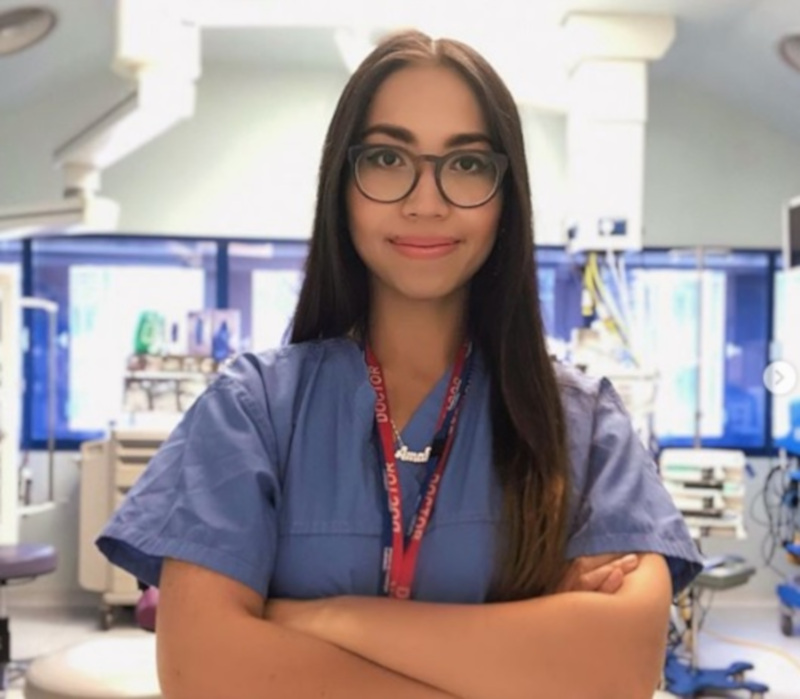KUALA LUMPUR, Dec 17 — Although social media is criticised for peddling fake news, Malaysian surgeon Dr Amalina Bakri uses it to educate people about health and combat medical myths.
Dr Amalina, a general surgeon (specialist trainee) and PhD breast research fellow at Imperial College London’s Faculty of Medicine, said despite the spread of misinformation, social media was a quick and effective way to disseminate scientifically backed facts on health.
“That’s why I think medics and other health care professionals have an important role on social media to provide accurate medical information and to debunk myths and fake medical news,” Dr Amalina wrote on her UK university’s Imperial Medicine Blog.
Dr Amalina, who has over a million followers across Twitter and Instagram, said she uses her social media platforms to educate the public in an understandable manner about physiology and the human body.
“I’m also passionate about sharing advice to the general public based on proven scientific evidence. This approach aims to educate and create public awareness so that Malaysians – the core of my followers – and others are adequately informed to make smart decisions regarding their health.”
She criticised influencers and celebrities for promoting pseudoscience “health” products and dubious medical practices, such as multivitamin intravenous therapy, toxic weight loss products, and a herbal product called Jamu that claims to tighten the vagina.
“There is a regulation in Malaysia to control overclaim products but the regulators need to tighten its implementation as there is a rising trend of harmful or unethical health products that do not consider the consumer’s safety. The regulation also needs to be updated as it was created in 1956!” Dr Amalina wrote.
She noted that miracle cures and products guaranteeing “cures” for diseases like diabetes, chronic kidney failure, and cancer, were widely sold on social media in Malaysia.
Anti-vaccination groups are also very active on social media, Dr Amalina observed.
“So, the presence of medical doctors and scientists on social media is important to counter their false allegations and fearmongering relating to vaccination,” she said.
Dr Amalina also uses social media to teach medical students, running regular live Q&A sessions on Instagram or Twitter.
The power of social media, she said, crowdfunded a successful London operation for a Malaysian baby with germ-cell tumour, Ainul Mardhiah Ahmad Safiuddin, that Dr Amalina had helped arrange.
Dr Amalina plans to create an educational app and website next year for schoolchildren on various general health issues.
“The internet and social media can be a volatile environment, but I will not be cowed or intimidated by a minority few who spread hate as they are outnumbered by the positive community that exists on social media.
“It is important to stay focused, ignore the trolls and negativity and provide evidence-based medicine as a source when making a statement.”








